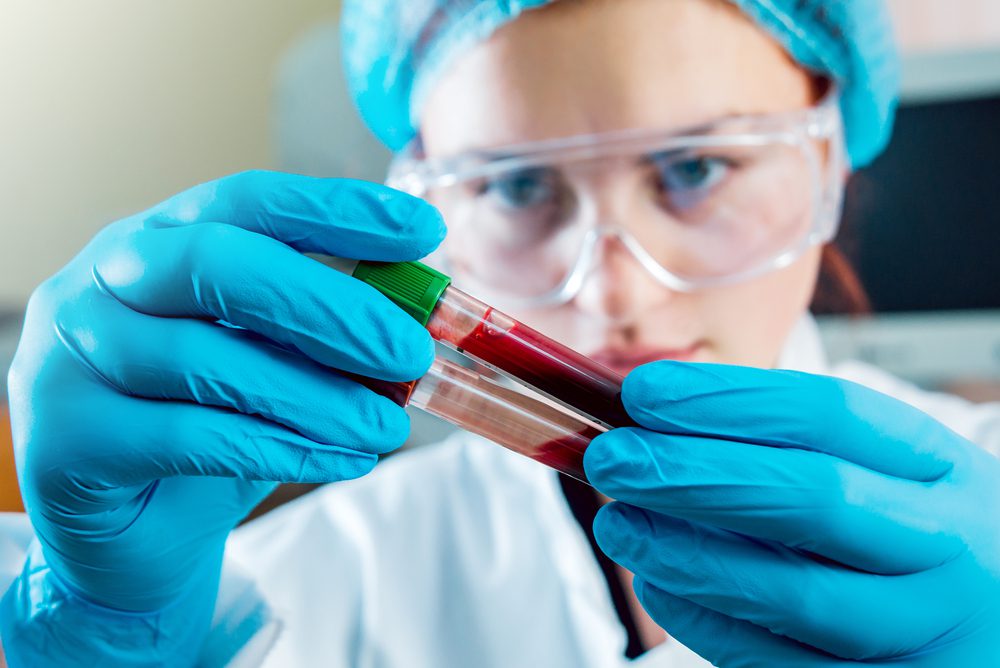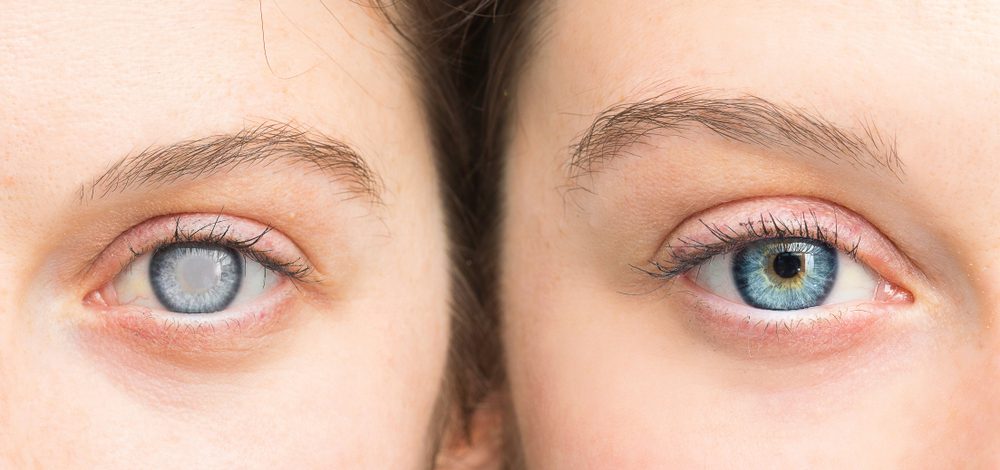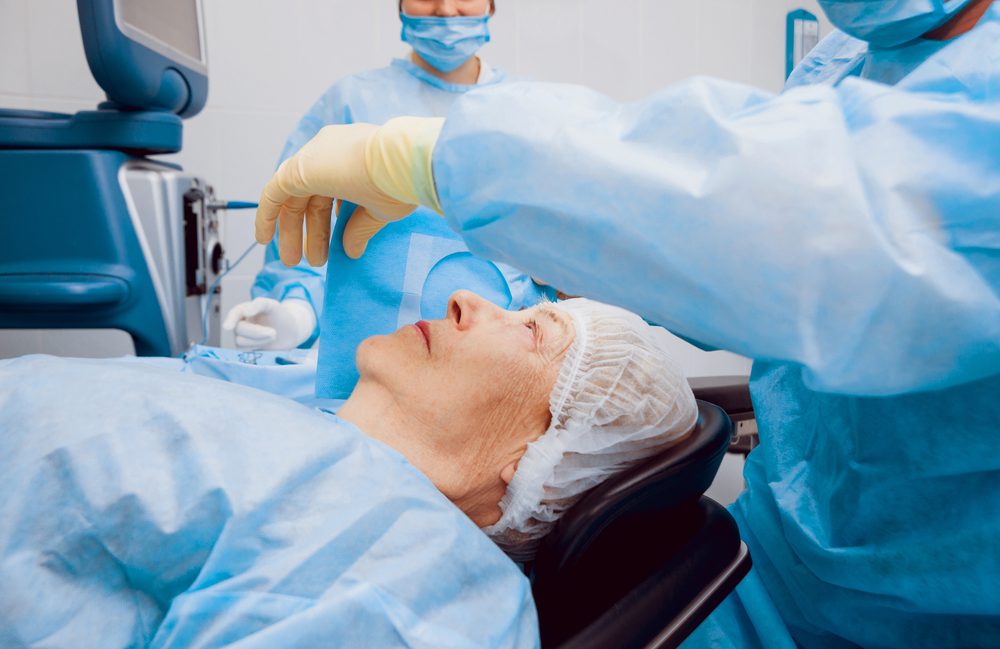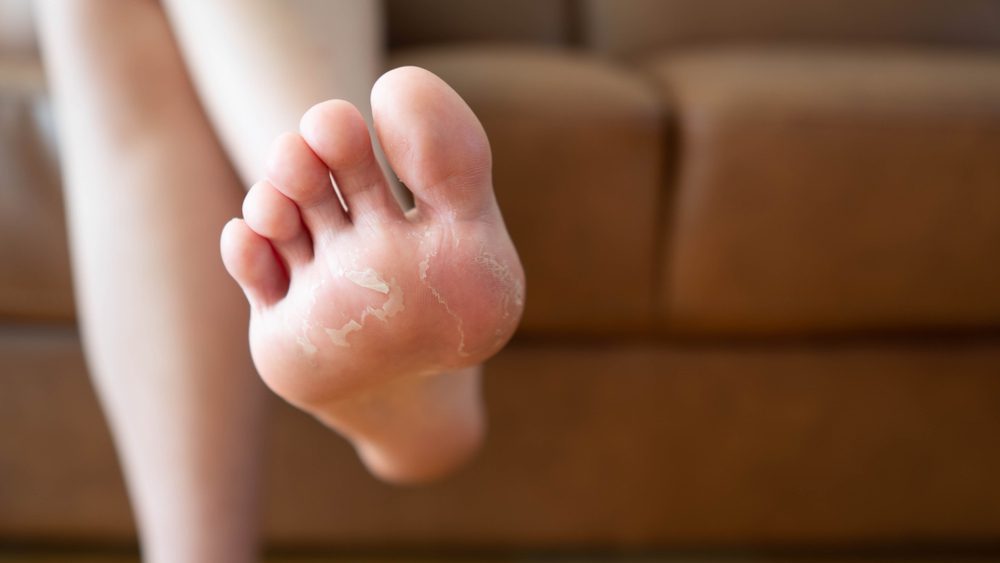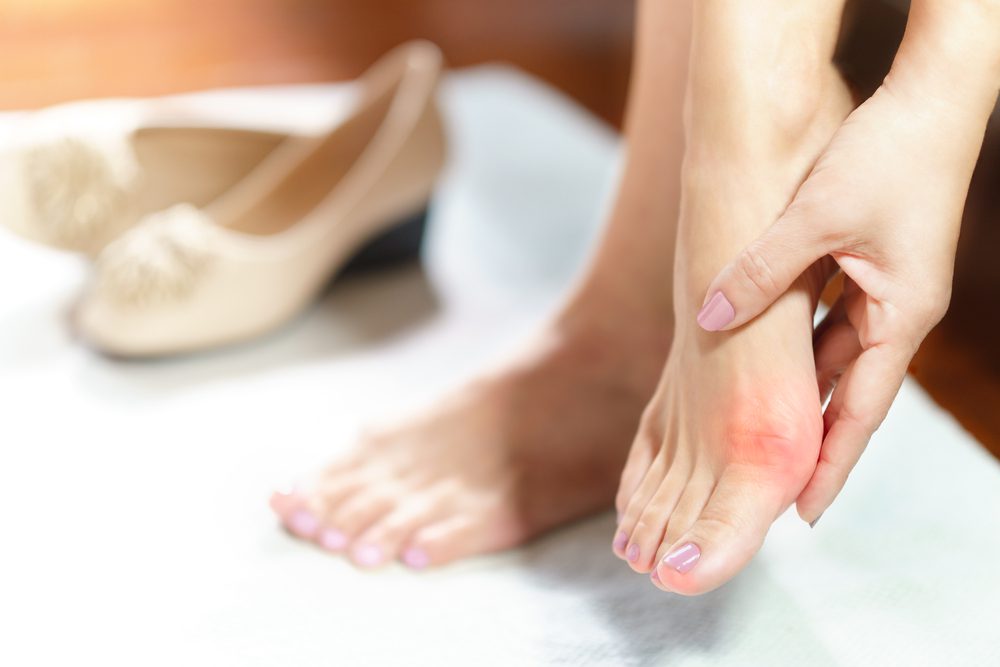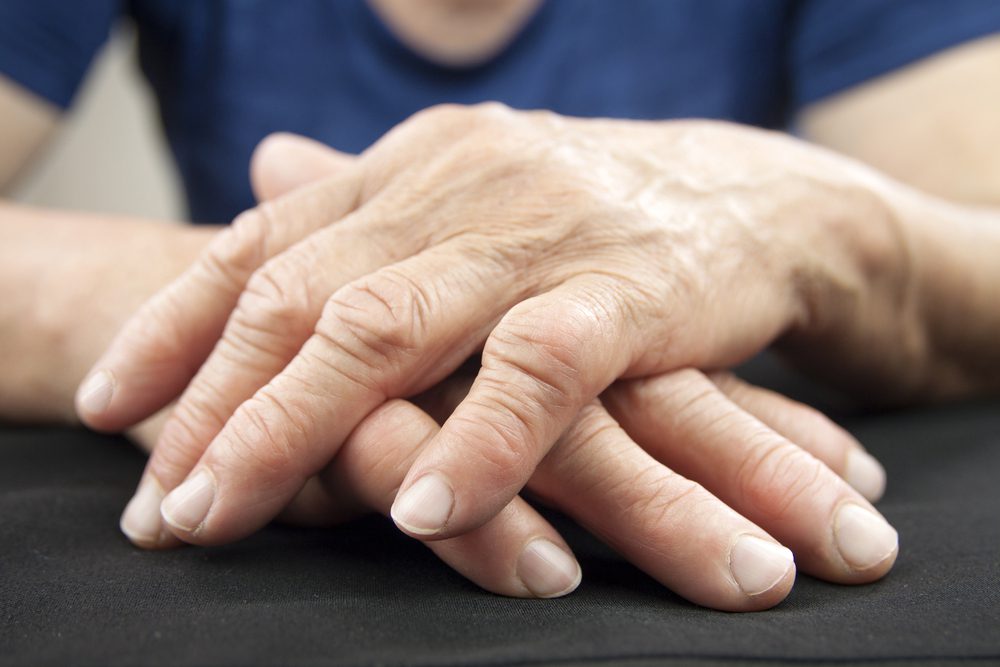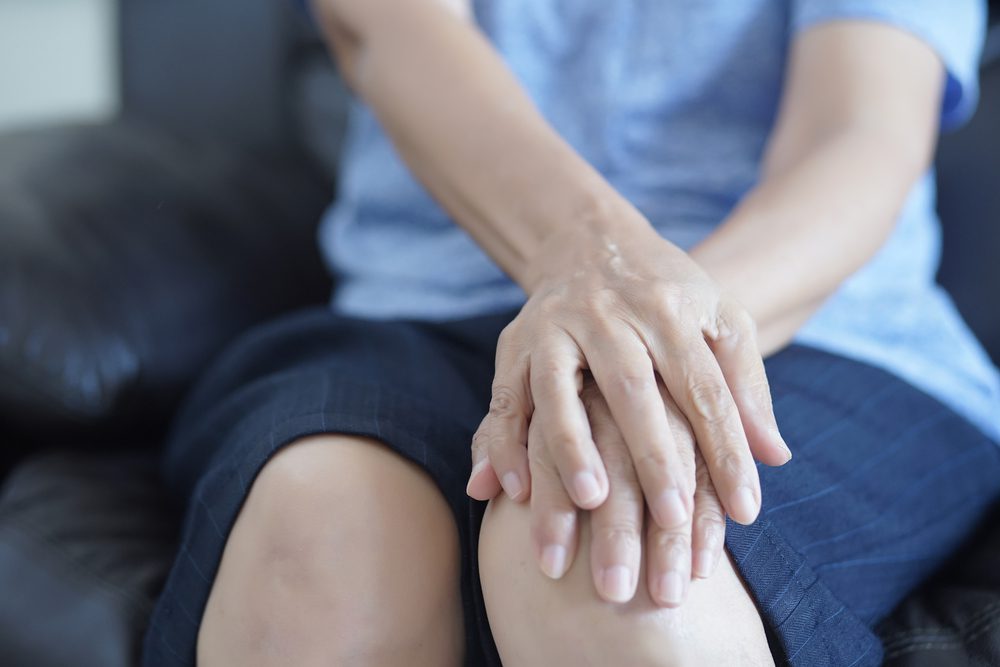The thyroid gland produces hormones and is shaped like a butterfly. Triiodothyronine (T3) and thyroxine (T4) are two hormones that govern metabolism, assist your heart, brain, and other organs operating, and affect practically every cell in your body.
The pituitary gland in the brain controls the thyroid. Thyroid-stimulating hormone (TSH) is a hormone produced by this gland that tells the thyroid to manufacture more T3 and T4. The thyroid can generate too little or too much T3 and T4 when any portion of this system is injured or dysfunctional.
This might result in a variety of symptoms across the body.
Hypothyroidism occurs when the thyroid is underactive and generates insufficient hormones. Hyperthyroidism, on the other hand, occurs when the thyroid is hyperactive and generates an excessive amount of hormone.
The causes, symptoms, and therapies for these two thyroid illnesses differ.

Causes
| Causes of Hypothyroidism
|
Causes of Hyperthyroidism
|
| · Autoimmune disease | · Autoimmune disease |
| · Surgical removal | · Abnormal iodine levels |
| · Radiation treatment | · Thyroiditis (temporary) |
| · Congenital problem | · Overmedication |
| · Abnormal iodine level | · Nodules |
| · Pituitary gland damage | |
| · Rare diseases | |
| · Thyroiditis | |
| · Certain medications |
Hypothyroidism Causes
Hypothyroidism can be caused by a number of different circumstances, including:
- Autoimmune disease: Hashimoto’s illness and atrophic thyroiditis are examples of this. The most prevalent causes of hypothyroidism are these.
- Surgical removal: Thyroid cancer, thyroid nodules, and Graves’ disease may need the removal of all or part of the thyroid gland.
- Radiation treatment: This cancer therapy, Graves’ disease, and thyroid nodules can harm and impede the thyroid gland’s function.
- Congenital problem: A baby with a partial or absent thyroid gland or other anomalies that affect thyroid function is a rare occurrence.
- Thyroiditis: This is thyroid inflammation brought on by a viral infection or atrophic thyroiditis.
- Certain medications: Drugs that can cause hypothyroidism in persons with a genetic susceptibility include Eskalith or Lithobid (lithium), Cordarone or Pacerone (amiodarone), Roferon-A (interferon), Proleukin (aldesleukin or interleukin-2) or Intron A, and checkpoint inhibitors like Yervoy (ipilimumab).
- Abnormal iodine levels: Iodine is an essential component of thyroid hormones, so if you don’t receive enough from your diet, your body won’t be able to keep thyroid hormones in balance.
- Pituitary gland damage: The pituitary gland’s control over the thyroid may be disrupted if it is injured by a tumor, radiation therapy, or surgery, resulting in a thyroid hormone shortage.
- Rare disorders: Amyloidosis, sarcoidosis, and hemochromatosis are a few examples. Each one deposits compounds in the thyroid that should not be there and, as a result, might impede its function.
Hyperthyroidism Causes
There are fewer probable reasons for hyperactive thyroid. It may even run in families. Other factors include:
- Thyroiditis: Thyroiditis can cause the thyroid to release all of the hormones it has generated at first, resulting in temporary hyperthyroidism. Following that, levels begin to fall towards the hypothyroid zone.
- Autoimmune disease: More than 70% of overactive thyroid instances are caused by Graves’ disease. Thyroid damage is caused by antibodies that persistently stimulate the thyroid, resulting in hormone overproduction.
- Overmedication: Hyperthyroidism can develop if you take too much thyroid hormone therapy for hypothyroidism
- Nodules: Excess hormone secretion can be caused by abnormal thyroid tissue development.
- Abnormal iodine levels: If you are lacking in iodine and abruptly increase your iodine intake, you may get transient hyperthyroidism while your body adjusts to the shift.
The Role of Iodine
Iodine is an element that your body cannot produce on its own, therefore you must acquire it through diet. Iodine is absorbed by thyroid cells from the circulation and used to make T3 and T4. Hypothyroidism can be caused by low iodine levels, while hypothyroidism or hyperthyroidism can be caused by too much iodine in the blood.
Symptoms
| Symptoms of Hypothyroidism
|
Symptoms of Hyperthyroidism
|
| · Fatigue | · Fatigue |
| · Feeling extra cold | · Feeling extra warm |
| · Slow heart rate | · Light and short periods |
| · Insomnia | · Increased sweating |
| · Weight gain | · Insomnia |
| · Muscle or joint pain | · Racing or pounding heart |
| · Constipation | · Weight loss or gain |
| · Puffy face | · Hair loss |
| · Hair loss | · Anxiety and nervousness |
| · Decrease in sweating | · Bulging or puffy eyes |
| · Brittle nails | · Diarrhea |
| · Irritability and depression | · Muscle weakness |
| · Heavy and irregular periods | · Nail thickening, flaking |
Hypothyroidism Symptoms
Because thyroid hormones govern metabolism, an underactive thyroid slows down your body’s functions, resulting in a variety of symptoms. You may feel lethargic and sluggish, your heart rate may decrease, you may feel chilly even when others are warm, and you may gain weight. You also become tired quickly when you work out. Constipation might be caused by changes in your digestion.
Blood flow, water retention, and cellular renewal may all diminish, thus impacting the condition of your skin, hair, and nails. Your face and hands may seem swollen. You may also have confusion and difficulty focusing, which is referred to as brain fog.
It may be difficult to conceive, and those with a hypoactive thyroid have an increased chance of miscarriage. It’s possible that your menstruation is erratic or that it skips a lot. Infertility treatments may be futile. Erectile dysfunction, difficulties performing, and a reduction in an active life are all symptoms of hypothyroidism.
Hyperthyroidism Symptoms
Your body and its functions are sped up when you have an overactive thyroid. Many of the symptoms are the polar opposite of hypothyroidism symptoms, such as feeling hotter than usual.
It’s possible that your heart will race and develop abnormal beats. It’s also likely that you have high blood pressure. A boost in blood flow to your cells can leave your skin feeling silky smooth and your fingernails feeling soft. As your digestive system speeds up, food may pass straight past you, resulting in inadequate nutritional absorption. You can have diarrhea or have a lot of bowel motions.
This might offer you a boost of energy at first. It is, however, just temporary. You’ll soon grow exhausted since your body isn’t designed to keep up with this quick pace.
Complications
| Hypothyroidism Complications
|
Hyperthyroidism Complications
|
| · Goiter | · Goiter |
| · Peripheral neuropathy | · Thyroid storm |
| · Muscle disease | · Osteoporosis |
| · High cholesterol | · Neonatal hyperthyroidism |
| · Pregnancy problems | · Atrial fibrillation |
| · Myxedema coma | · Pregnancy problems |
| · Anaemia |
Hypothyroidism Complications
If hypothyroidism is left undiagnosed or undertreated, it can lead to the following complications:
- Goiter: A lump in your throat might indicate an enlarged thyroid gland. Neckties and scarves may be hard to wear since large goiters are sensitive and swollen. Goiters can make it difficult to swallow or breathe in rare situations.
- Anemia: Thyroid hormone shortage affects the synthesis of red blood cells in your bone marrow, resulting in anemia. Fatigue, pale complexion, a rapid or irregular heartbeat, feeling faint, and shortness of breath are all symptoms.
- Muscle disease: Muscular discomfort and stiffness, which may be accompanied by muscle weakening, can have a significant influence on your everyday life and functionality.
- Pregnancy problems: Infertility can be caused by irregular menstrual periods. Furthermore, hypothyroidism increases the risk of miscarriage, placental abruption, premature birth, and newborn mortality.
- High cholesterol: Because your body is unable to correctly metabolize cholesterol, you may have excessive levels of LDL and total cholesterol.
- Myxedema coma: This is an uncommon and possibly deadly complication of severe hypothyroidism brought on by illness, heart disease, or other physical pressures. Low body temperature and blood pressure, a sluggish heart rate, and being unresponsive are all symptoms of inadequate organ performance.
- Peripheral neuropathy: Numbness, tingling feelings, weakness, and hypersensitivity to touch or temperature are all symptoms of nerve injury caused by fluid retention and edoema.
Hyperthyroidism Complications
- Goiter: A goiter, like hypothyroidism, causes the sensation of a lump in your throat, can be
uncomfortable, and can affect swallowing or breathing.
- Neonatal hyperthyroidism: When a mother has Graves’ disease while pregnant, her kid may be born with hyperthyroidism or acquire it before birth. Low birth weight, unusually tiny heads, rapid heartbeat, irritability, poor sleep, and, in rare cases, a deadly collection of fluid can all result from this (fetal hydrops).
- Osteoporosis: Fractures are more likely if your bones are weak.
- Pregnancy problems: Moderate-to-severe hyperthyroidism can result in preeclampsia, premature labor, tiny infants, stillbirth, and perhaps birth abnormalities.
- Thyroid storm: A combination of untreated hyperthyroidism with infection, surgery, or trauma can cause this unusual but possibly fatal illness. An abnormally rapid heart rate, a high temperature, agitation, diarrhea, delirium, and perhaps a loss of consciousness are all symptoms.
- Atrial fibrillation: Cardiac failure or stroke can occur as a result of this irregular heart rhythm.
Treatments
Hypothyroidism Treatments
Although hypothyroidism cannot be cured, it may be treated with the right medicine. Synthetic thyroxine in tablet form is the major therapy for hypothyroidism. It functions similarly to natural thyroxine and aids in the restoration of correct organ and system function.
T3 replacement hormones may be administered to certain persons who are still symptomatic on thyroxine replacement drugs in addition to T4 replacement treatment.
T4, maybe T3, and a mix of the following is used to treat myxedema coma:
- Hydrocortisone
- Gentle warming
- Glucose
- Fluid restriction
- Antibiotics, if infection is the underlying cause
- Intubation and mechanical ventilation
- Increased blood volume
Hyperthyroidism Treatments
Hyperthyroidism is very curable, and with therapy, between 20% and 30% of persons with Graves’ illness may achieve long-term remission.
Antithyroid medicines, most commonly Tapazole (methimazole), can inhibit your thyroid’s capacity to produce hormones, allowing you to regulate your condition without harming the gland. For those with nodules, these medicines can be administered before radioactive iodine or surgery.
When radioactive iodine is administered orally, it damages or kills thyroid cells, resulting in fewer cells producing thyroid hormones and smaller nodules. This brings hormone levels back into the desired range. If the initial therapy is ineffective, a second round of treatment may be administered. This medication can sometimes cause hypothyroidism, which is subsequently treated with replacement hormones.
The use of radioactive iodine for treatment is fairly prevalent. Although some people are concerned that the radiation will cause cancer, the therapy has not been related to an increase in cancer rates.
Beta-blockers won’t reduce your thyroid hormone levels, but they will inhibit the hormones’ activities and help you feel better. The following drugs are among them:
- Inderal (propranolol)
- Corgard (nadolol)
- Lopressor (metoprolol)
- Tenormin (atenolol)
It’s conceivable that hyperthyroidism will recur after any of these therapies. Surgically removing all or part of a thyroid gland, on the other hand, can permanently heal the problem. Because few or no cells are left to create hormones, it may result in hypothyroidism, therefore thyroid replacement hormones will be required for the rest of your life if you choose to have your thyroid removed.
Surgical procedures are never without danger, even if they are widely thought to be safe. Major problems are uncommon. However, they can include the following:
- Damage to the parathyroid glands, which regulate your calcium levels in the body
- Damage to the nerves of the vocal cords, resulting in a raspy voice
Diet for Thyroid Health
You should avoid the following foods to help safeguard your thyroid health:
- Unhealthy fats
- Inflammatory foods
- Caffeine
- Sweets
- Alcohol
- Table salt
When should you go to the doctor if you have hypothyroidism or hyperthyroidism?
If you have more than one of the aforementioned symptoms, you should consult a doctor. Because the key symptoms, such as weariness and weight gain, can be difficult to identify, it is critical to take note when more than one of these symptoms appears. This will point you in the direction of seeking medical assistance. And is still true for weight loss and other typical hyperthyroid symptoms.
Is one more harmful or worse than the other?
No, not always. Both can occur; however, hypothyroidism is more prevalent than hyperthyroidism. Because hormones are in flux during pregnancy, both problems can become an issue. Both hyperthyroidism and hypothyroidism can be harmful to both the mother and the baby.
This is why pregnant women with thyroid disorders are checked more regularly and may require medication and/or dose modifications.
Summary
Your thyroid gland might generate too many or too few hormones, which are necessary for regular physical function. Each has its own set of symptoms, causes, and treatment options. Thyroid hormones, on the other hand, govern your metabolism, therefore both diseases can impact different sections of your body.



